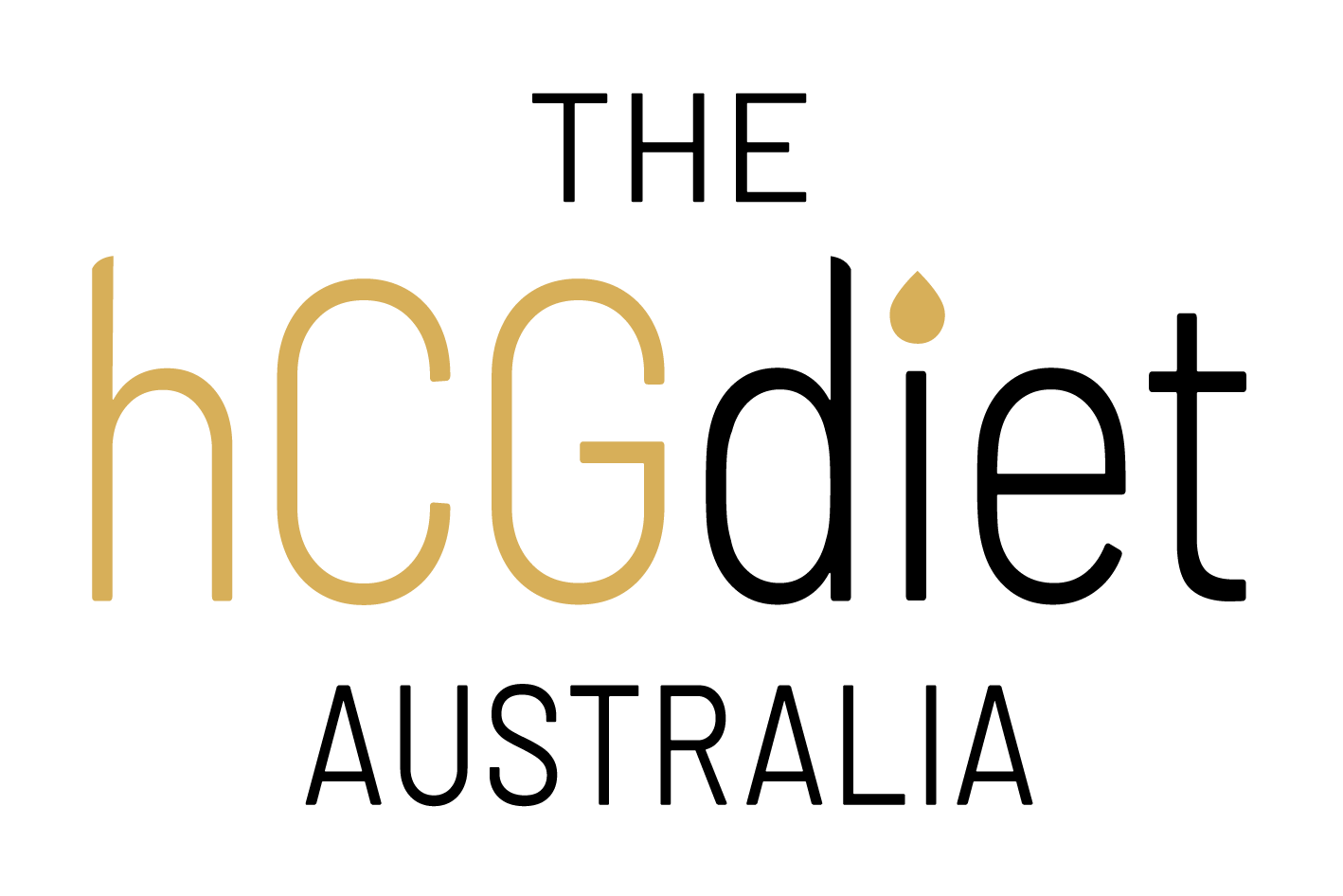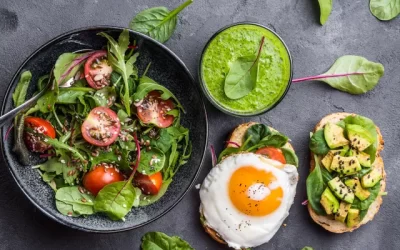A Guide to the Best Diet Plan for Weight Loss:
Embarking on a weight loss journey can be both exciting and overwhelming. With countless diet plans vying for attention, it’s crucial to navigate through the noise and find an approach that suits your lifestyle and health needs. In this comprehensive guide, we’ll explore the principles of the best diet plan for weight loss, considering factors such as sustainability, nutritional balance, and individual preferences.
Understanding Individual Needs:
Before delving into specific diet plans, it’s essential to recognise that there is no one-size-fits-all solution. Every person is unique, with different metabolic rates, dietary preferences, and health conditions. Understanding your individual needs is the first step towards selecting a diet plan for weight loss that aligns with your body’s requirements.
If you have concerns regarding current medications, you may be taking or health conditions that may be affecting you. Consulting with a healthcare professional can provide valuable insights. These experts can assess your health status, dietary habits, and any underlying conditions, offering personalised recommendations.
Let’s take a high-level look at some of the more popular Diet Plans that you may be familiar with:
Mediterranean Diet:
Emphasises whole, minimally processed foods, such as fruits, vegetables, whole grains, lean proteins, and healthy fats. The Mediterranean diet is rich in antioxidants and omega-3 fatty acids, supporting heart health and overall well-being.
It also encourages moderate consumption of red wine and limits processed foods and red meat.
DASH Diet (Dietary Approaches to Stop Hypertension):
Initially designed to lower blood pressure, the DASH diet has also been shown to be an effective diet for weight loss. The DASH diet promotes a balanced intake of fruits, vegetables, lean proteins, and low-fat dairy. Limits sodium intake, the premise of this plan is to adopt good heart health and reduce water retention.
Ketogenic Diet:
Focuses on high-fat, low-carbohydrate foods to induce a state of ketosis, where the body burns fat for fuel. The Ketogenic diet is an effective weight loss tool that has been popularised over the past few years. Being in Ketosis promotes enhanced mental clarity, energy, and satiety. Keto diets have shown to be extremely beneficial for treating certain disease states. Individuals embarking on a ketogenic diet can consume a vast variety of foods especially good quality meat products and healthy fats.
Intermittent Fasting:
Involves cycling between periods of eating and fasting. Popular methods include the 16/8 method (16 hours of fasting and an 8-hour eating window) or the 5:2 method (five days of regular eating and two days of significant calorie restriction).
There are several studies citing how these patterns of feasting and fasting can be effective for weight loss and may offer additional health benefits, such as improved insulin sensitivity.
The hCG Diet:
Repeatedly demonstrated as one of the most effective weight-loss methods uncovered so far, the hCG diet stands out. If rapid and safe weight loss is your goal, the hCG diet presents an opportunity to shed up to 7kg over a 23-day period. Alongside the motivation gained from seeing your efforts rewarded with substantial weight loss on this weight loss diet plan, the maintenance arm of the plan ensures that you maintain your new weight set point limiting the chance of rebound weight gain.
Mindful Eating Practices:
Regardless of the chosen diet plan, incorporating mindful eating practices is crucial for sustainable weight loss. Mindful eating involves being present and fully engaged with the eating experience, paying attention to hunger and fullness cues, and savouring each bite. By fostering a healthy relationship with food, individuals can prevent overeating, make better food choices, and enjoy a more satisfying and sustainable approach to weight loss.
Balancing Macronutrients:
A well-balanced intake of macronutrients—carbohydrates, proteins, and fats—is fundamental for a healthy diet plan. Each macronutrient plays a unique role in supporting the body’s functions and contributes to the overall success of weight loss goals.
Carbohydrates: Choose complex carbohydrates like whole grains, fruits, and vegetables, providing sustained energy and essential nutrients.
Proteins: Include lean sources of protein such as poultry, fish, legumes, and tofu to support muscle maintenance and promote satiety.
Fats: Opt for healthy fats from sources like avocados, nuts, seeds, and olive oil, contributing to heart health and overall well-being.
Portion Control Strategies:
Portion control is a key aspect of managing caloric intake and promoting weight loss. Portion control empowers individuals to enjoy a variety of foods in moderation. Practical strategies include:
Use Smaller Plates: The optical illusion of a full plate can help control portion sizes.
Listen to Hunger Cues: Pay attention to your body’s signals of hunger and fullness to avoid overeating.
Avoid Distractions: Eating without distractions, such as TV or phones, allows you to focus on the act of eating and recognize when you’re feeling satisfied.
The Role of Hydration:
Proper hydration is often underestimated in its impact on weight loss. Drinking an adequate amount of water supports the body’s natural processes, aids digestion, and can help control appetite. Additionally, choosing water-rich foods, such as fruits and vegetables, contributes to overall hydration and provides essential nutrients and fibre.
Incorporate Water into Your Routine: Carry a reusable water bottle and set reminders to ensure consistent hydration throughout the day.
Infuse Water: Add natural Flavors to water with ingredients like citrus, mint, or cucumber for a refreshing twist.
Nutrient-Rich Foods for Weight Loss:
Building a diet around nutrient-dense foods ensures that the body receives essential vitamins, minerals, and antioxidants while supporting weight loss goals. Include a variety of the following foods in your diet:
Leafy Greens: Rich in vitamins and fibre, leafy greens like spinach and kale contribute to satiety and overall health.
Lean Proteins: Chicken, turkey, fish, beans, and tofu provide essential amino acids for muscle maintenance and repair.
Healthy Fats: Avocado, nuts, seeds, and olive oil provide essential fatty acids for overall well-being.
Incorporating Physical Activity:
While diet plays a significant role in weight loss, incorporating regular physical activity is essential for overall health and can enhance the effectiveness of your chosen diet plan. Aim for a combination of cardiovascular exercise, strength training, and flexibility exercises.
Cardiovascular Exercise: Engage in activities like walking, running, cycling, or swimming to burn calories and improve cardiovascular health.
Strength Training: Building muscle through resistance exercises helps boost metabolism and contributes to a toned physique.
Flexibility Exercises: Incorporate activities like yoga or stretching to improve flexibility and overall mobility.
Setting Realistic Goals:
Setting realistic and achievable weight loss goals is crucial for maintaining motivation and sustaining progress over time. Avoid the pitfalls of quick fixes, focus instead on gradual, sustainable changes.
Celebrate Milestones: Acknowledge and celebrate achievements along the way, whether it’s reaching a certain weight, fitting into a smaller clothing size, or adopting healthier habits.
Focus on Non-Scale Victories: Recognise improvements in energy levels, mood, and overall well-being as valuable indicators of success.
Gradual Progress: Understand that weight loss is a journey, and adopting a gradual approach sets the foundation for long-term success.
In the quest for the best diet plan for weight loss, it’s essential to consider individual needs, preferences, and health conditions. No single approach fits everyone, and the key lies in finding a sustainable and balanced strategy. By understanding the principles of popular diet plans, incorporating mindful eating practices, balancing macronutrients, practicing portion control, staying hydrated, choosing nutrient-rich foods, engaging in regular physical activity, and setting realistic goals, individuals can embark on a transformative journey towards healthier living. Remember, the goal is not just about losing weight it’s about living your healthiest, best life.





